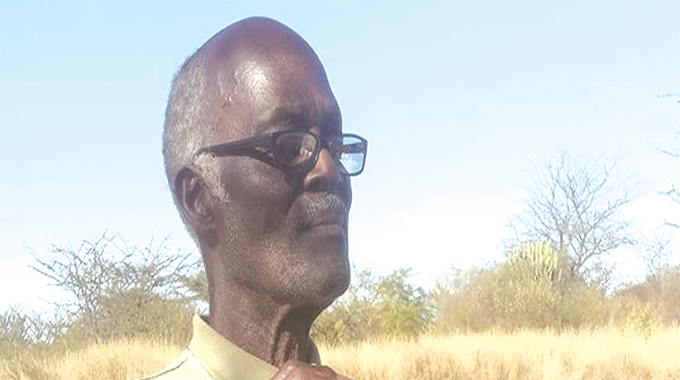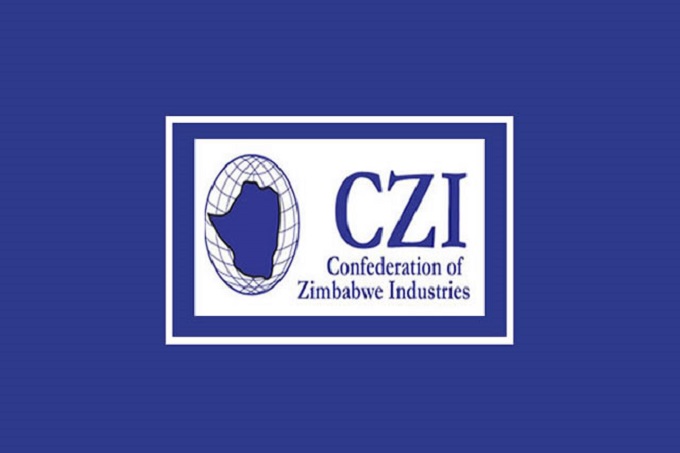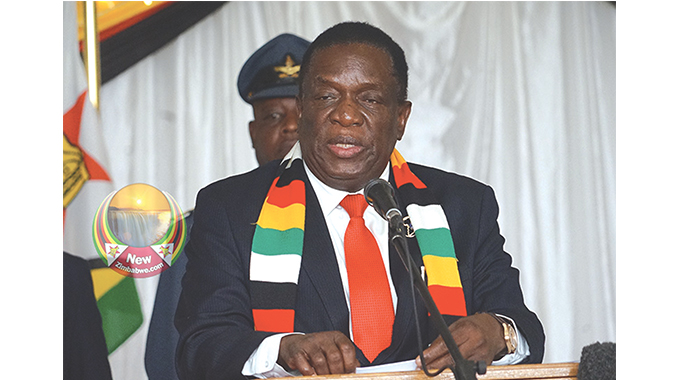Ideological and political incongruence between internal and external wings of Zapu: The views of Mtshana Ncube

Pathisa Nyathi
I SHALL forever be indebted to Mary Ndlovu who allowed me access to the Edwardian Archive. Mary is national hero Edward Ndlovu’s widow who was a History lecturer at Hillside Teachers’ College. At the time I was doing research on Edward Ndlovu’s biography I had the rare opportunity and privilege to scan through the numerous articles, letters and other documentary material pertaining to Zapu’s struggle history in particular that pertaining to the latter part of the 1970s. The earlier archive dating to 1971 was victim to the split within Zapu that took place in the first quarter of that year.
As I read through some documents to glean a better understanding of Zapu as a political movement I could not help but appreciate that there were people within Zapu whose minds were without doubt very sharp. In one of my earlier articles I identified in particular two gentlemen who, on the basis of material they wrote and contained in the Edwardian Archive convinced me they were immensely intellectually gifted.
The men were Dr Callistus Dingiswayo Ndlovu who was the Party’s representative in the United States. The other was Mtshana Ncube who I have never met though I understand he is still alive and engaged in farming activities somewhere in the Midlands Province. I would, without doubt, be immensely enriched on the Zapu history, in particular in as far as the internal contradictions went when I met one of such intellectual calibre and an analytical mind and foresight. I have during the course of this year written on what Dr Callistus Dingiswayo Ndlovu expressed about those who were attacking the Party he was representing in Washington.
Today I wish to turn to the letter I had the privilege to have sight of when I tucked my mind into the Edwardian Archive. It was a letter to Edward Ndlovu penned on the 23rd of October 1976. It is important to contextualise the particular communication in history.
The Zimbabwe People’s Party (Zipa), bringing together the fighting arms of Zapu and Zanu had collapsed after the clashes between ZPRA and Zanla cadres at both Mgagao and Morogoro in Tanzania. At the time both former Portuguese colonies Angola and Mozambique had attained political independence. The two parties were socialist oriented and, in the context of the raging cold war, between Nato allies and the Warsaw Pact countries were perceived as gateways to socialism/communism in Southern Africa. The Western countries felt their economic interests were threatened.
Following the death of external Zanu leader Herbert Wiltshire Chitepo in 1975 quite a number of Zanu leaders in Zambia had been arrested and thrown in prison.
The Western countries were keen to resolve Rhodesia’s constitutional impasse. Both ZPRA and Zanla had ratcheted the guerrilla war against the Ian Smith regime especially after 1971/72. In the circumstances a constitutional conference was arranged for Geneva in the later part of 1976. I\Mtshana Ncube’s letter was written on the eve of the Geneva conference. It is that letter from which we are drawing in this article. In the same year the Patriotic Front (PF) was created between Zapu and Zanu.

Cde Edward Ndlovu
The Zanu leader Reverend Ndabaningi Sithole had been ejected as leader of Zanu. The Party’s Secretary General Robert Mugabe had not by then ascended to the leadership of the Party. Instead, he was languishing at Quelimane and it was through Zapu leader Joshua Nkomo’s intervention and intercession with Mozambican President Samora Moises Machel that he was released to go to attend the Geneva conference alongside Nkomo. The 1977 Zanu congress officially elected him as Party leader.
On the other side the Zapu nationalist leadership was still inside Rhodesia following its release from Gonakudzingwa in December 1974. JZ Moyo was then the leader of Zapu in exile and doubled as the Commander-in-Chief of Zapu’s fighting arm the Zimbabwe People’s Revolutionary Army (ZPRA). Only after the death of JZ Moyo in January 1977 did the nationalist leadership of Zapu go into exile. The two sections of Zapu were getting together after a long time of separation, in fact since 1963 when James Robert Dambaza Chikerema led cadres to constitute the fighting arm, then referred to as the Special Affairs. Ideologically the two sections had drifted apart as Ncube pointed out.
Following the release of the detainees in December 1974 a new political outfit was created under the leadership of Bishop Abel Muzorewa. The new party was named the African National Council (ANC). The party soon hit some hard rock and split with Zapu finally drifting away as the African National Council-Zimbabwe (ANC-Z) with the Zi-i slogan
“One last personal opinion which I believe is shared by many cadres. As usual the general media is again portraying ANC-Zapu as beginning to compromise on the original issues agreed in the “patriotic front.” The statement by the President in London is being interpreted as saying that those who will take a hard line will not be allowed to wreck the conference.
“Furthermore, the Sabc has been reporting that Nkomo has said he will protect capitalism in Rhodesia after independence while Mugabe has said he will establish a socialist country in Zimbabwe. Statements such as these do not do us much good among our progressive supporters. This is particularly so when in our statements we tend to confirm Vorster’s (the South African President, John Balthazar) analysis.
“I want to say to you comrade that many of us are apprehensive of the positions(political)and procedures of the movement. More than at any other time it has become clear the base is not in agreement with the party leadership on ideological and political grounds. The gulf between the group from home and those in exile is great. But we cannot accept the imposition of ideas from home. We are always what I suspected — uncoordinated, unorganised and without much direction politically.
To be continued








Comments